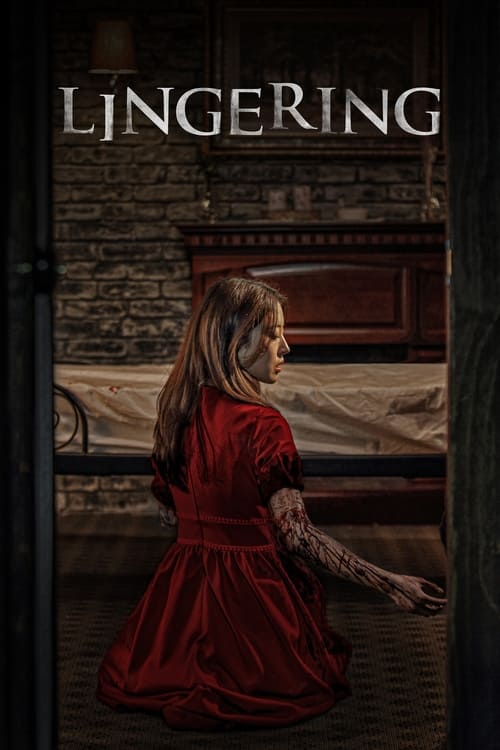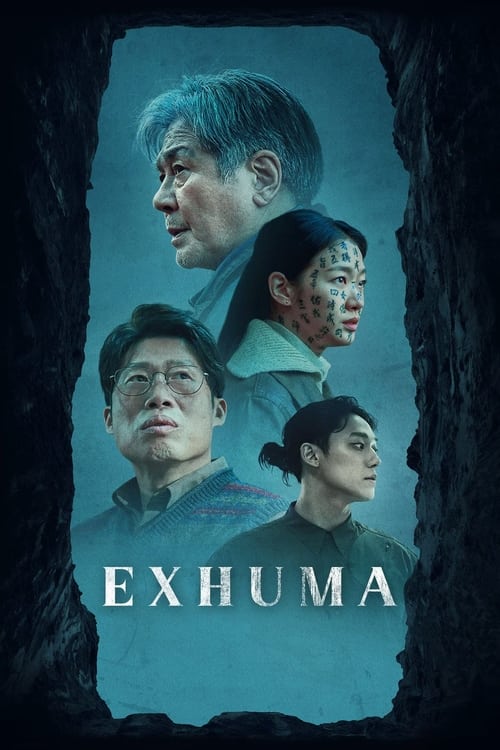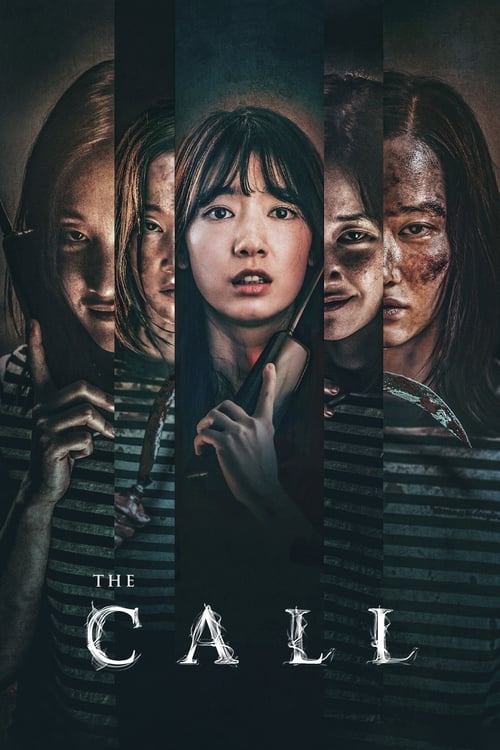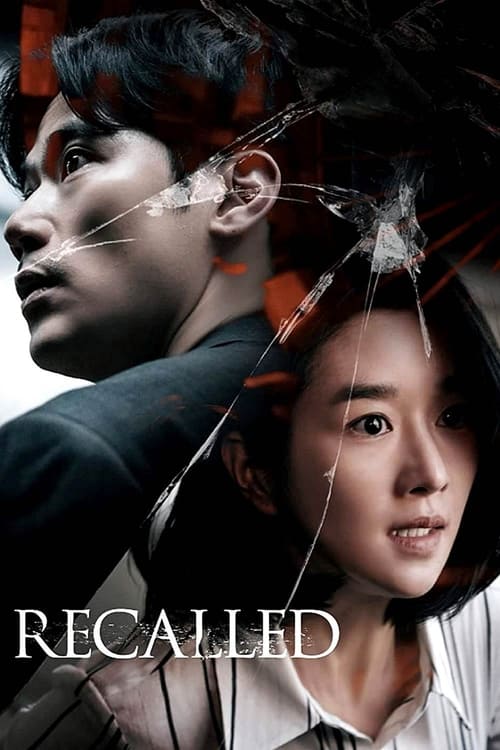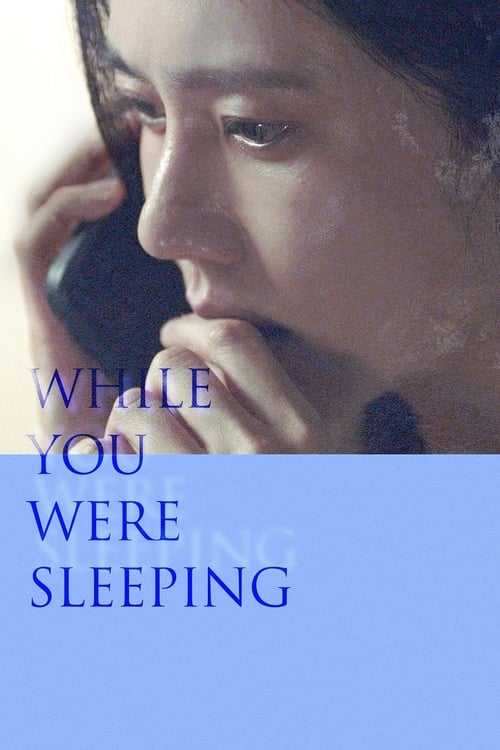
Ask Your Own Question
What is the plot?
What is the ending?
In the ending of "Lingering," the protagonist, a woman named Ji-soo, confronts the haunting presence in the abandoned hospital. She faces her fears and ultimately sacrifices herself to save her daughter, who is trapped in the supernatural turmoil. The film concludes with a sense of unresolved tension, as the haunting continues to linger, suggesting that the cycle of trauma may not be fully broken.
As the film approaches its climax, Ji-soo finds herself in the eerie, dilapidated corridors of the hospital, where the air is thick with despair and the shadows seem to whisper secrets of the past. The atmosphere is heavy, filled with the echoes of the tormented souls that once inhabited the space. Ji-soo's heart races as she navigates through the darkened hallways, her determination fueled by the desperate need to rescue her daughter, who is ensnared by the malevolent forces that haunt the building.
In a pivotal scene, Ji-soo encounters the ghostly figure of a woman, a manifestation of the pain and suffering that permeates the hospital. This apparition reveals the tragic history of the place, filled with loss and sorrow. Ji-soo's emotional state fluctuates between fear and resolve as she grapples with the weight of the past, realizing that the spirits are not merely vengeful but are also victims of their circumstances.
As she delves deeper into the hospital's secrets, Ji-soo discovers that the key to freeing her daughter lies in confronting her own unresolved trauma. The film visually contrasts Ji-soo's internal struggle with the haunting imagery of the hospital, where flickering lights and sudden noises amplify her anxiety. The tension builds as she faces the specters of her past, each encounter forcing her to confront her guilt and grief.
In a heart-wrenching moment, Ji-soo reaches the room where her daughter is trapped. The room is shrouded in darkness, with only the faint glow of a flickering light illuminating her daughter's terrified face. Ji-soo's heart aches as she sees her child, and she rushes to her side, but the malevolent force that binds them is relentless. In a desperate act of love, Ji-soo realizes that to save her daughter, she must make the ultimate sacrifice.
With tears streaming down her face, Ji-soo embraces her daughter, whispering words of comfort and love. As she confronts the dark entity that has tormented them, she channels her pain into a powerful declaration of love, breaking the cycle of fear that has held them captive. In this moment of selflessness, Ji-soo's spirit begins to fade, but she finds peace in knowing that her daughter will be free.
The film concludes with a haunting image of Ji-soo's sacrifice, as her spirit merges with the light, leaving behind the darkness of the hospital. Her daughter, now liberated, emerges from the shadows, but the lingering presence of the hospital remains, suggesting that while Ji-soo's sacrifice has saved her child, the scars of the past will continue to haunt the living.
As the credits roll, the audience is left with a sense of unresolved tension, reflecting the film's exploration of trauma, sacrifice, and the enduring impact of the past on the present. The fate of Ji-soo is one of transcendence, while her daughter is left to navigate a world that is forever changed by the haunting legacy of their experiences.
Is there a post-credit scene?
In the movie "Lingering," there is no post-credit scene. The film concludes its narrative without any additional scenes after the credits roll, leaving the audience with the emotional weight of the story and its themes of loss, grief, and the supernatural. The ending focuses on the resolution of the main character's journey, emphasizing the haunting atmosphere and the lingering effects of the past, rather than providing any further plot developments or surprises.
What is the significance of the abandoned hotel in Lingering?
The abandoned hotel serves as a central location in Lingering, symbolizing the characters' emotional states and the haunting past they are trying to escape. It is a place filled with memories and secrets, where the protagonist, a young woman named Ji-won, confronts her fears and the supernatural elements that arise from the hotel's dark history.
How does Ji-won's relationship with her mother influence her actions in the film?
Ji-won's relationship with her mother is strained and complex, deeply influencing her motivations throughout the film. Ji-won feels a sense of obligation to care for her mother, who is suffering from dementia, but also grapples with feelings of resentment and guilt. This internal conflict drives her to seek answers about her family's past, leading her to the hotel where she uncovers unsettling truths.
What role does the ghost play in Ji-won's journey?
The ghost in Lingering represents both a literal and metaphorical manifestation of Ji-won's unresolved issues and trauma. As she encounters the ghost, it becomes a catalyst for her to confront her fears, her family's history, and her own identity. The ghost's presence forces Ji-won to face the pain of her past and ultimately seek closure.
How does the film depict the theme of memory through Ji-won's experiences?
Memory is a crucial theme in Lingering, depicted through Ji-won's fragmented recollections and her interactions with the hotel. As she explores the space, memories of her childhood and her mother's past resurface, often intertwined with the ghostly elements. This exploration highlights the impact of memory on her present life and her struggle to reconcile with her family's history.
What is the significance of the ending scene between Ji-won and her mother?
The ending scene between Ji-won and her mother is poignant and emotionally charged, symbolizing a moment of reconciliation and understanding. After confronting the past and the haunting experiences in the hotel, Ji-won returns to her mother, leading to a heartfelt exchange that signifies acceptance and the importance of familial bonds, despite the challenges they face.
Is this family friendly?
"Lingering," produced in 2020, is a horror film that may not be considered family-friendly due to its themes and content. The movie contains several potentially objectionable or upsetting aspects, including:
-
Supernatural Elements: The film features ghosts and supernatural occurrences that may be frightening for children or sensitive viewers.
-
Tension and Suspense: There are intense scenes that build suspense, which could be anxiety-inducing for younger audiences.
-
Violence: The film includes scenes of violence and distressing imagery that may be unsettling.
-
Themes of Grief and Loss: The emotional weight of loss and the impact of trauma are central to the story, which may be heavy for younger viewers to process.
-
Dark Atmosphere: The overall tone of the film is dark and eerie, which could be disturbing for sensitive individuals.
These elements contribute to a viewing experience that may not be suitable for children or those who are easily upset by horror themes.

